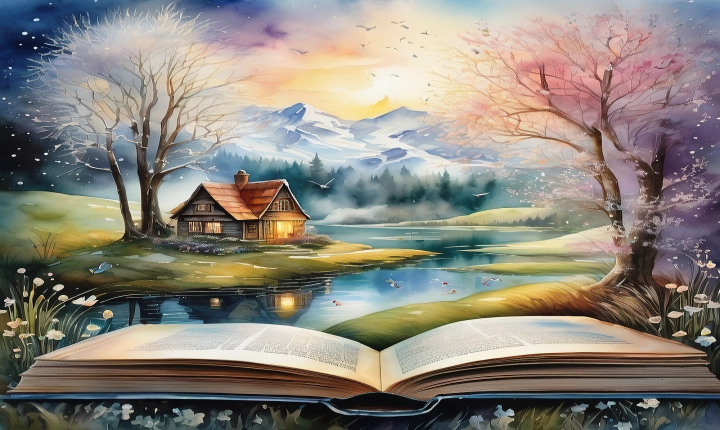Title: The Power of AI in Storytelling: Can Machines Create Compelling Narratives?
Artificial intelligence (AI) has made significant advancements in various fields, from healthcare to finance and beyond. One area where AI has been making strides is in the realm of storytelling. With the development of language models like GPT-3, AI has shown itself capable of generating coherent and compelling narratives. But can machines truly create stories that captivate and engage audiences on an emotional level?
The concept of AI-generated storytelling may sound like something out of a sci-fi novel, but it’s a reality with potentially far-reaching implications. The ability of AI to process and generate natural language has opened doors to new possibilities in creative writing and content creation.
One of the most advantageous aspects of using AI to finish a story is its capability to swiftly develop and extrapolate plot points, characters, and settings based on the provided context. This means that even if a writer reaches a creative roadblock or needs inspiration, AI can step in to offer suggestions or complete the story.
However, the question arises: can AI truly replicate the human touch in storytelling? Can it evoke the same emotions and build the same connection with the audience as a human writer can? While AI-generated stories can be structurally sound and grammatically coherent, critics argue that they lack the innate human experiences, emotions, and nuances that make narratives truly resonate with readers.
It’s important to note that the goal of AI-generated storytelling is not necessarily to replace human writers, but rather to supplement and enhance the creative process. AI can serve as a tool for brainstorming, idea generation, and even as a source of inspiration for writers. By providing alternative plot twists, character arcs, and dialogue, AI can push authors to new creative heights and help them explore unconventional story paths.
Furthermore, AI-generated storytelling can open doors to new and diverse voices in the literary world. For aspiring writers who may lack access to resources or face barriers in traditional publishing channels, AI can offer a platform for them to develop their craft and showcase their work.
While there are certainly challenges and ethical considerations surrounding the use of AI in storytelling, it’s clear that the technology has the potential to revolutionize the way stories are created and consumed. As AI continues to evolve, it will be fascinating to see how it intersects with the art of storytelling and the impact it has on the literary landscape.
In conclusion, AI-generated storytelling represents an exciting frontier in the world of creative writing. While it may never fully replicate the depth and emotional resonance of human storytelling, it has the potential to enrich the creative process and offer new opportunities for writers. As the technology continues to advance, we can look forward to witnessing the fascinating ways in which AI and human creativity intersect in the realm of storytelling.
